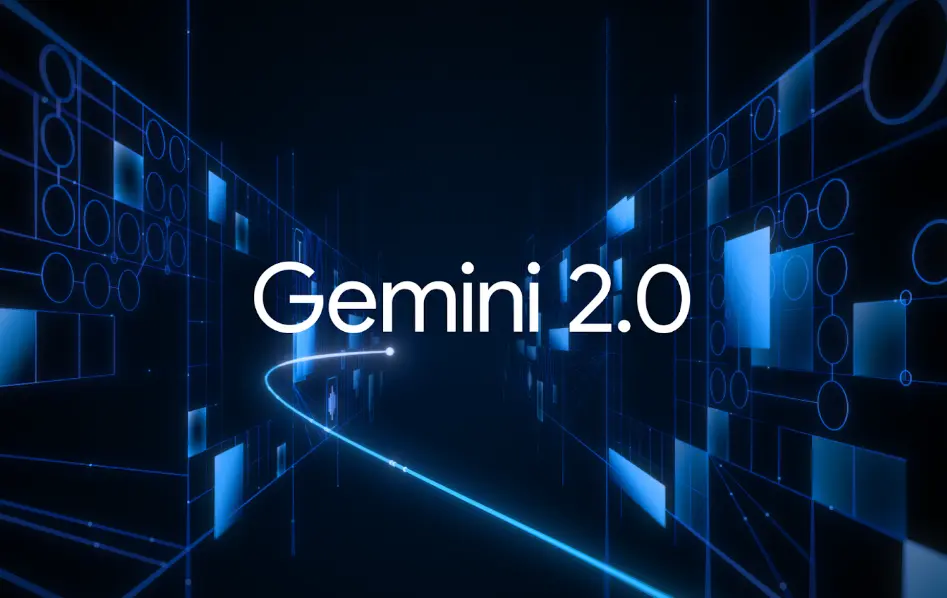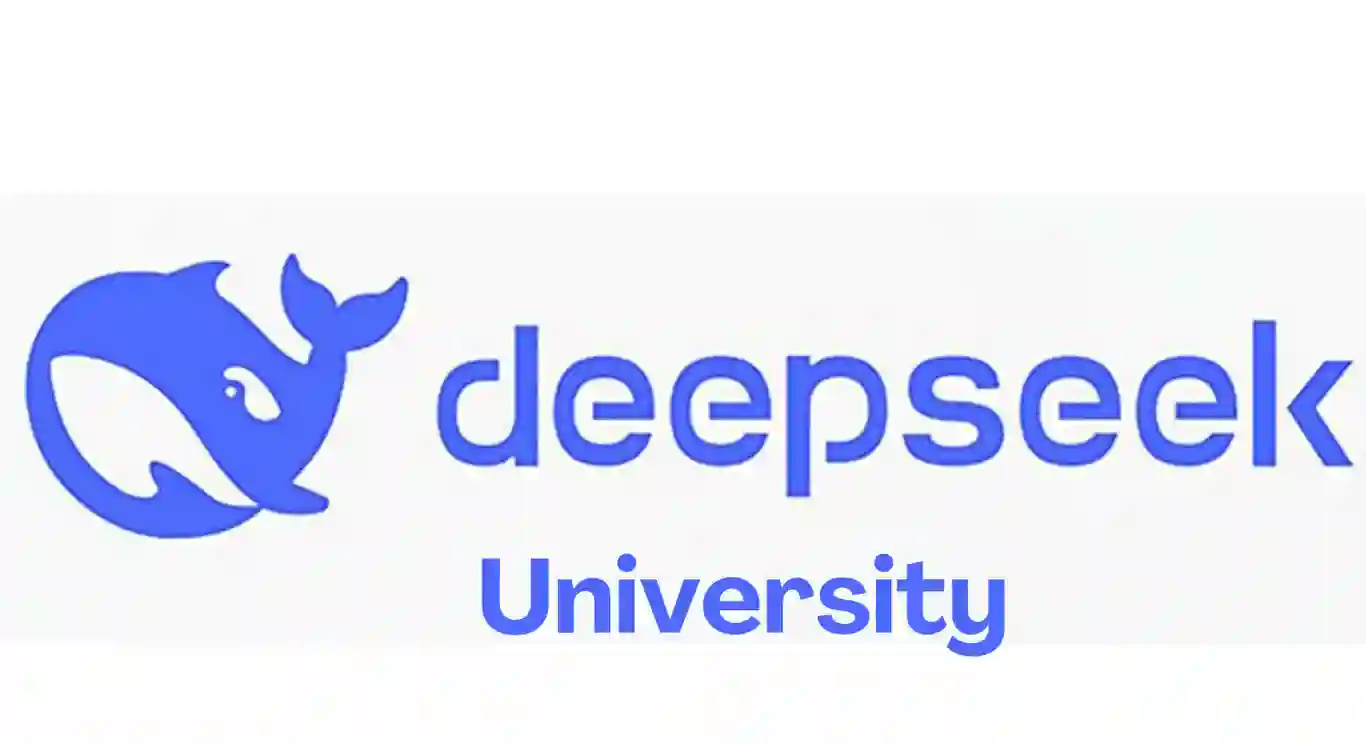Visibility in AI Tools
Visibility in artificial intelligence tools is influenced by factors like source quality, semantic relevance, content structure, and freshness. AI tools differ in their evaluation, requiring an adaptation of traditional SEO.

Visibility in artificial intelligence tools like ChatGPT Search, Perplexity, Gemini, and Copilot is influenced by various factors distinct from traditional SEO. While Google and other search engines focus on keywords, backlinks, and domain authority, AI tools evaluate semantic relevance, source reliability, and data structure.
Factors determining visibility in AI tools include: - Quality and reliability of the source: AI tools tend to provide answers based on recognized and reliable sources. Content from news outlets, government sites, and academic publications is more likely to be utilized. - Semantic relevance: AI models rely on broader semantic connections compared to traditional SEO. A text that explores a topic in depth and uses relevant terminology has a higher chance of being retrieved. - Content structure: Well-structured content, with clear headings and concise sentences, is more easily interpreted by AI models. Using structured markup like Schema.org enhances understanding. - Recency and freshness of content: Tools like Perplexity and ChatGPT Search prioritize recent content, especially on evolving topics. Updating articles and producing new content increases visibility. - Multimodality: Some AI tools, like Gemini, utilize multimodal data, combining text, images, and videos. Quality visual elements and detailed descriptions enhance visibility. - Content format: AIs prefer concise and direct texts. Discursive and verbose content is often penalized. For example, Perplexity shows results based on sources that directly answer the query. - Engagement and sharing: Although less relevant than traditional social media, the popularity of content, measured by links and shares, can influence its selection by AI tools.
The differences between AI tools are significant: - ChatGPT Search favors quality sources and well-formatted texts but does not always cite sources. - Perplexity emphasizes source citation and rewards updated and informative content. - Gemini leverages the integration of text and images, benefiting multimodal content. - Copilot relies on Bing data, maintaining some traditional SEO logic but preferring technical and verified content.
SEO has changed, but not completely. The fundamentals of traditional SEO, such as authority, quality, and structure, remain valid. However, optimization must adapt to new criteria. Now, the semantic quality of the text, source reliability, and the ability to provide clear and updated answers are more important. With the growing integration of AI in search engines, SEO must focus on relevance and quick access to information rather than just technical optimization.




